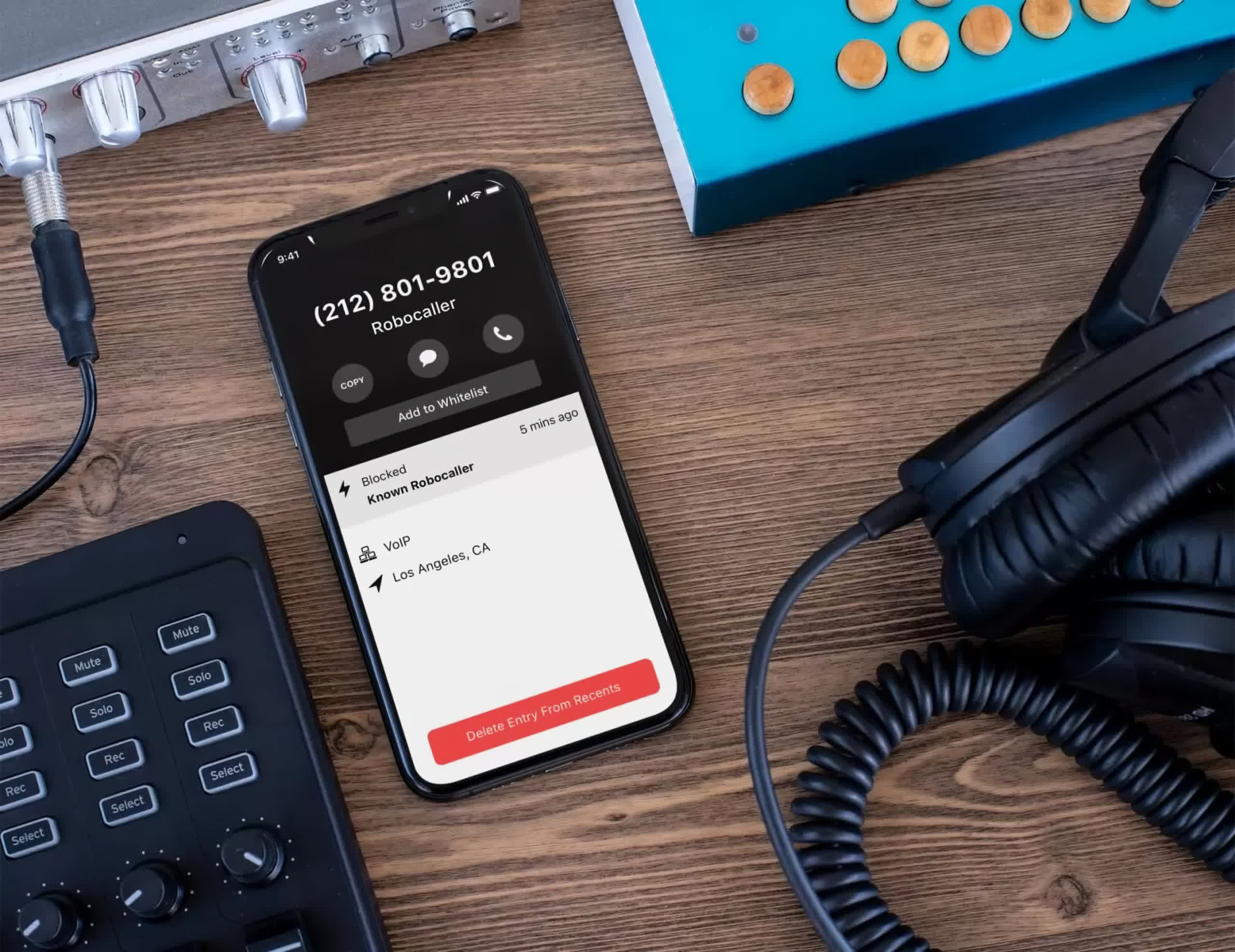In context: It's been a few years since the FCC began requiring telecom providers to implement the STIR/SHAKEN robocall mitigation framework. Most major carriers have either fully or partially implemented the protocol or have built an acceptable alternative and submitted that plan to the FCC. However, some providers seem to be thumbing their noses at the regulator by sending in nonsensical or blank mitigation plans.
On Tuesday, the FCC referred 20 cell phone carriers to its Enforcement Bureau for filing "deficient" robocall mitigation plans. More than three years ago, the FCC mandated that telecom companies implement STIR/SHAKEN or submit an alternative robocall mitigation strategy lest they find themselves blocked in the US. Most of them submitted plans by September or October of 2021 or earlier.
After reviewing the submissions, the FCC found several lacking the information required in its order. The Commission then sent boilerplate warnings to the deficient carriers in January and February 2022 to resubmit their mitigation plans.
"The FCC's Wireline Competition Bureau contacted the Company on February 18, 2022, to inform it that its robocall mitigation program attachment contained with its certification may have been uploaded in error because it did not satisfy the Commission's rules requiring it to describe its robocall mitigation efforts."
Some of the 20 carriers contacted submitted a blank page as their plan. Many others returned ridiculous entries as if to mock the FCC. For example, National Cloud Communications attached "a 'Windows Printer Test Page' that was unrelated to robocall mitigation."

Route 66 Broadband just returned an otherwise blank page signed by its CEO saying, "I, Timothy P Terral, CEO of Route 66 Broadband, I [sic] declare (or certify, verify, or state) under penalty of perjury under the laws of the United States of America that the foregoing is true and correct. Executed on 9/28/2021."
Other examples of crazy mitigation plans include an unrelated letter from Harvard Business Services, a 'Taxpayer Profile' on a Pakistani government website, the 2017 public notice of the FCC's "net neutrality" repeal, a promotional document titled "Viettel Solutions: Making Smart Cities Vision a Reality," a .png image of the company's logo, and another .png of "an indiscernible object."
Yesterday, the FCC's Enforcement Bureau issued further warnings to the companies, informing them they have 14 days (October 30 deadline) to "show cause" why the FCC should not remove them from the robocall mitigation database. Other carriers would be forced to block traffic from the offending telecoms if removed from the list.
"Removal from the database would require all intermediate providers and terminating voice service providers to cease carrying the companies' traffic, these companies' customers would be blocked, and no traffic originated by these companies would reach the called party," said the Commission.
It is unclear why it took the FCC this long to enact enforcement measures. It has been aware of the delinquent carriers since at least two years ago, and initial warnings went out 20 months ago. Of course, we are dealing with a government bureaucracy, so maybe it shouldn't be all that surprising.
Image credit: Victor Bonomi
